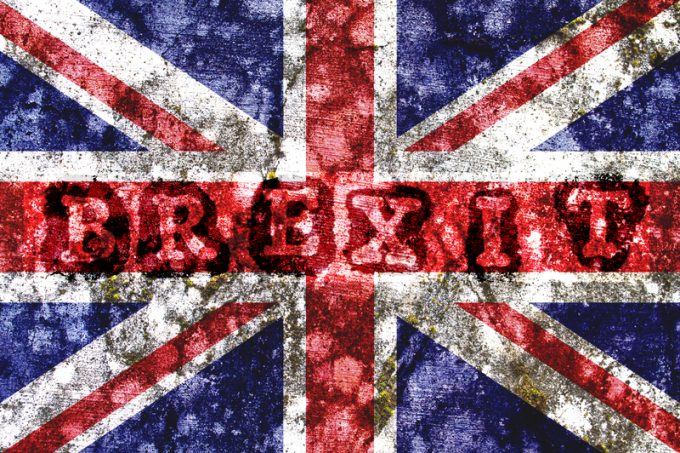GXO cleared to complete £960m Wincanton purchase
Pure-play contract logistics operator GXO has finally won clearance from UK competition regulators for its ...

The UK government has confirmed it will not seek an extension to the Brexit transition period, but will relax border controls for imports, initially, and implement new controls, in stages, to give businesses more time to prepare.
In what seems an admission that businesses – and ...
MSC switches two more Asia-Europe port calls from congested Antwerp
Front-loading frenzy has made traditional H2 peak season 'unlikely'
Tradelanes: Export boom in Indian sub-continent triggers rise in airfreight rates
Carriers introduce surcharges as congestion builds at African ports
Mexican airport modernisation plan unlikely to boost cargo facilities
Ports and supply chain operators weigh in on funding for CPB
Tradelanes: Overcapacity on Asia-S America impacting alliances and rates
Box ship overcapacity threat from carrier appetite for new tonnage

Comment on this article